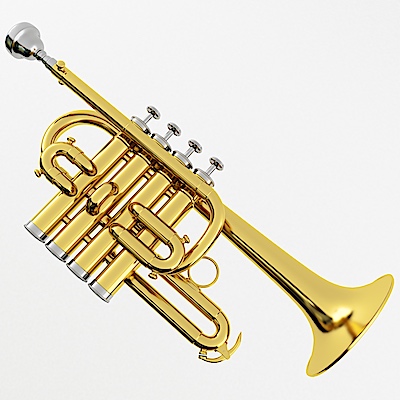
Whether you’re oiling a horn from decades ago or your brand-new Pro model, lubricant choice matters more than you think. This guide dives into the pros and pitfalls of synthetic valve oil, backed by experience from TrumpetLessons.com and brass pros. Includes safe use tips, favorite brands, corrosion risks, and best practices.
🔍 Why Lubrication Matters—Every Time You Play
Valves move rapidly and live inside a humid brass maze. Valve oil:
• Seals pistons
• Ensures smooth motion
• Prevents unwanted squeaks or sticking
• Protects inner brass surfaces from corrosion
Choose wrong, and you face sticky valves or worse—hidden chemical damage.
🧪 Petroleum vs. Synthetic Valve Oil: What’s the Difference?
Petroleum-Based Oils:
• Made from mineral oil
• Widely used, time-tested formulas
• May evaporate unevenly, slowing valves over time
Synthetic Oils:
• Engineered with uniform molecules
• Longer-lasting and cleaner-feeling
• Riskier: may cause corrosion, especially in humid or untreated instruments  
✅ Best Practices When Using Synthetic Oil
1. Use only one type—don’t mix synthetic and petroleum-based oils.
2. Wait until after a deep clean before switching oil types.
3. Observe your horn—regular inspections can catch discoloration early.
4. Choose reputable brands—La Tromba, Hetman, Monster Oil, Ultrapure   all get praise, but caution and consistency win.
🧰 Synthetic Oil vs. Performance Oil: What the Pros Do
Professional players often stick with petroleum oil due to reliability and reduced risk. Some use synthetic brands but never mix them.
✅ Example: One pro player said:
“I started using a non-synthetic oil for years. Later tried synthetic—and valves went sluggish within days. After cleaning and switching back, everything played perfectly.”  
🛠 How to Apply Synthetic Oil Safely
Do this step-by-step:
1. Clean valves thoroughly
2. Ensure slides move freely
3. Place valves upright in waterlogged case—let them drain
4. Add a few drops of oil, work valves gently
5. Change oil type only after a deep clean
6. Check for varnish, discoloration, or slow movement
🔧 Additional Maintenance Tips
• Use slide grease on tuning slides and rings
• Store horn upright in a dry case
• Wipe moisture regularly
• Never leave dried oil inside overnight
• Schedule professional servicing annually
These tips come straight from TrumpetLessons.com’s comprehensive Equipment & Maintenance resources
👉 Drawbacks and Red Flags of Synthetic Oil Use
• Longer-term corrosion on some horn surfaces
• Risk of black or sticky residue buildup
• Mixed reports on how quickly problems show up
• Difficulty reversing damage once it occurs
When in doubt, stick with what you know is safe for your horn.
🌟 Smart Alternatives to Try
• Hetman Light Valve Oil—lightweight, clean, praised for resistance
• La Tromba T2 Synthetic—popular with pros, but note the packaging caveats   
• Monster Oil #1—well-reviewed consistency
Brands shift over time—regular cleaning and inspection is the best insurance.
🎯 Integrating Oil & Care Into Your Routine
Use valve oil before every practice session or performance. Follow these steps:
• Discharge loose moisture with slide movement and a sponge
• Check valve alignment
• Apply 1–2 drops per valve; work the horn for full integration
• Repeat every session or if valves feel sluggish
Also combine this with your daily warm-up routine using the Ultimate Warm-Up Book by Michael Droste for maximum clarity and tone control  .
🧠 Pro Tips for Long-Term Valve Health
• Stick with your oil type (never mix)
• Clean thoroughly if changing brands
• Inspect for signs like staining or slow action weekly
• Avoid petroleum-free zones—residue may evaporate unevenly
🚀 Final Call to Action
If you value smooth valves and clear sound, take care of your horn—begin with proper lubrication.
✅ Visit TrumpetLessons.com/trumpetsynthetic.html for the full Synthetic Oil caution article and maintenance tips.